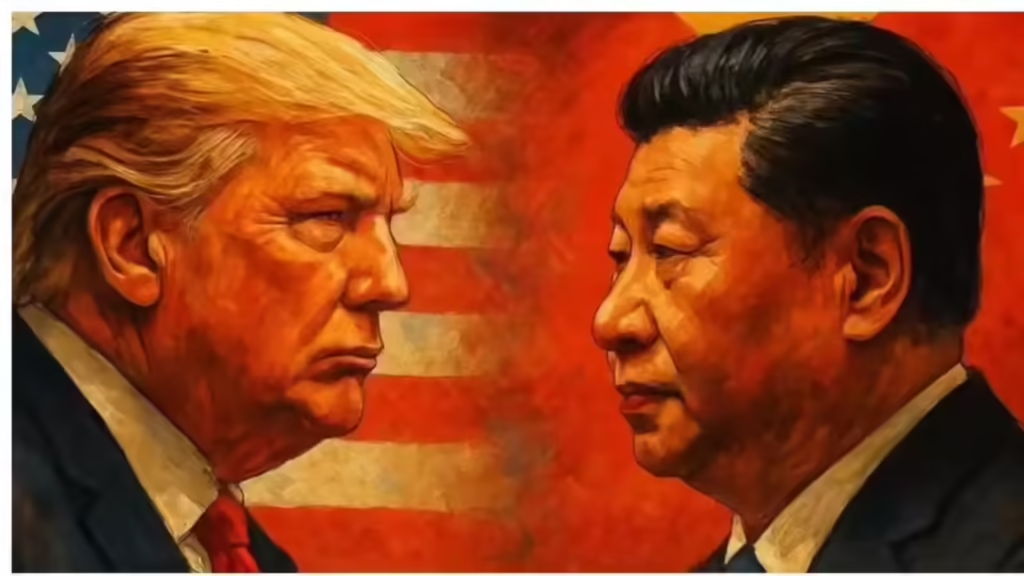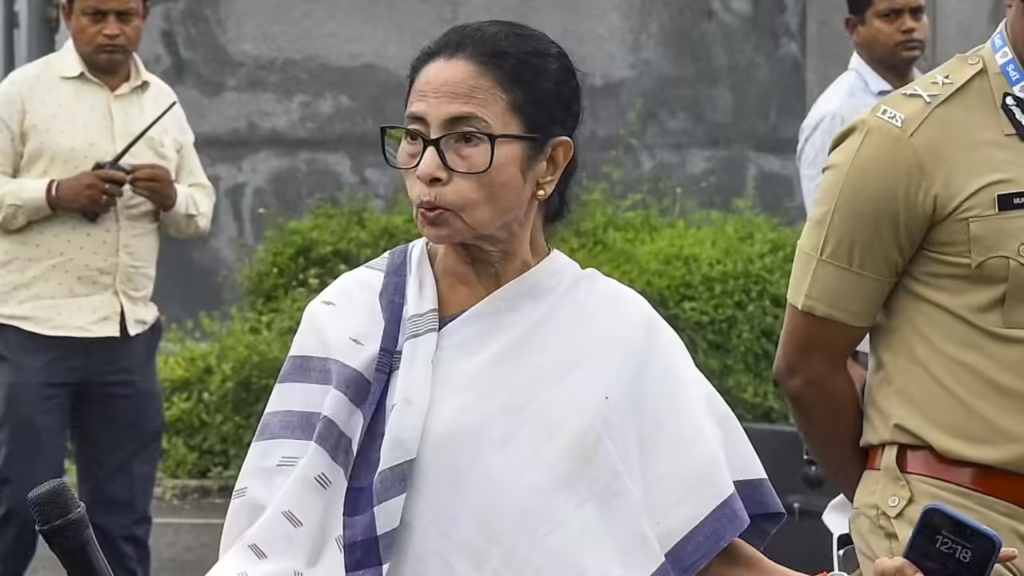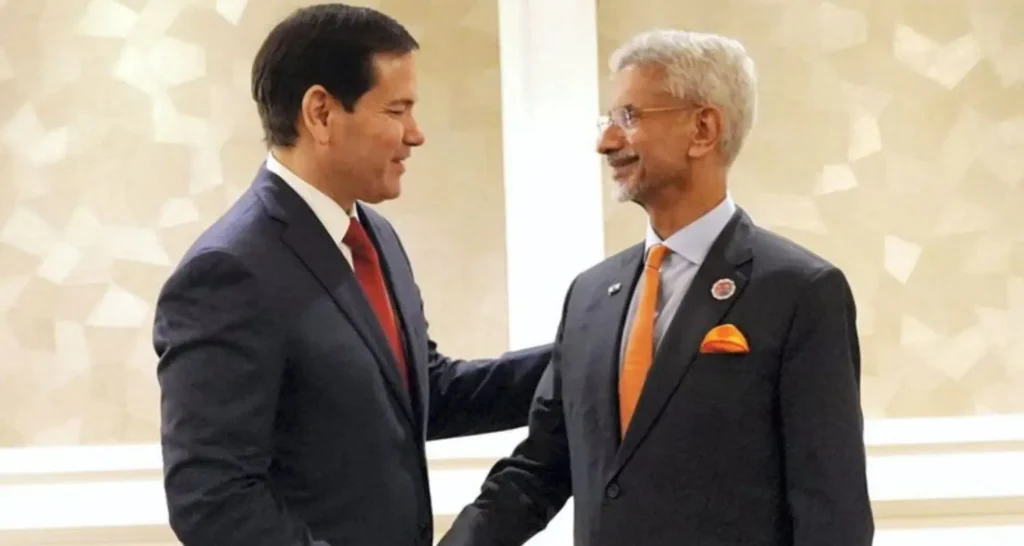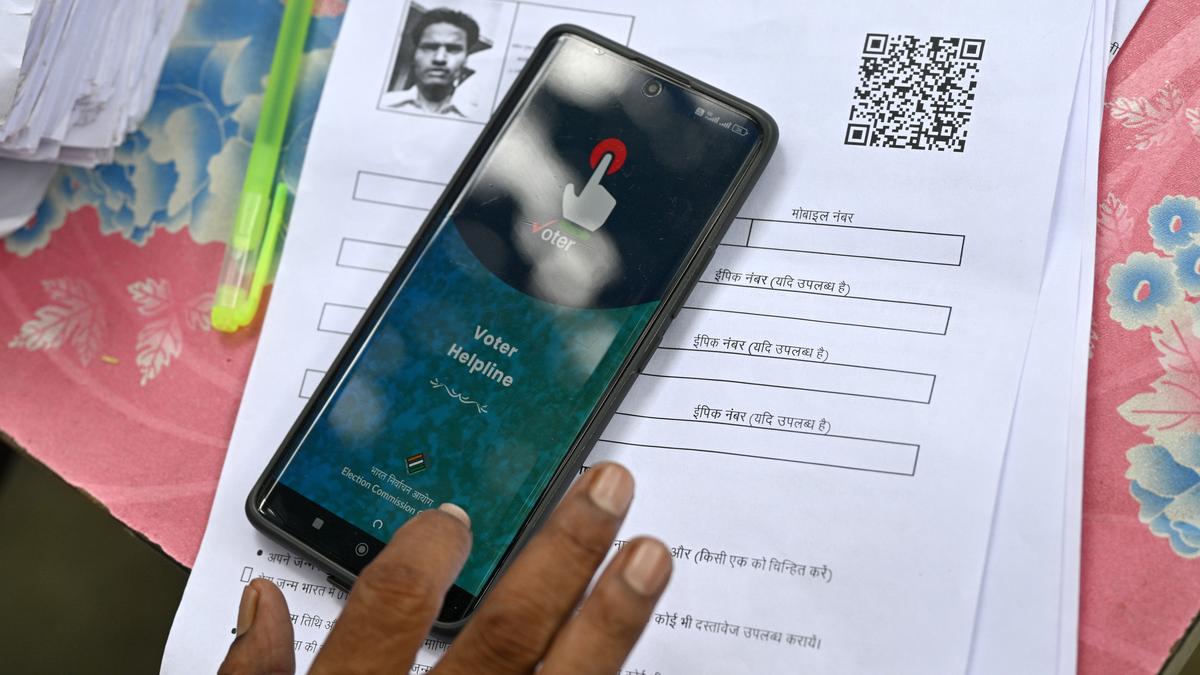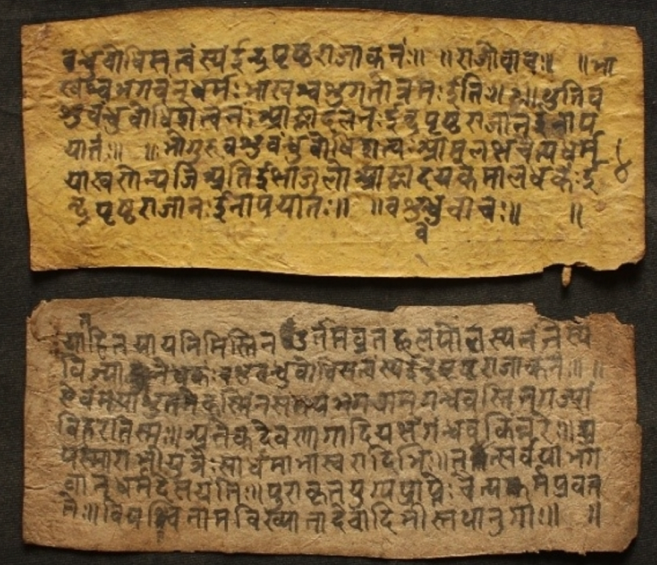Now Reading: Kuki-Zo Body Welcomes PM Modi’s Visit, Reiterates Demand for Separate Administration
-
01
Kuki-Zo Body Welcomes PM Modi’s Visit, Reiterates Demand for Separate Administration
Kuki-Zo Body Welcomes PM Modi’s Visit, Reiterates Demand for Separate Administration
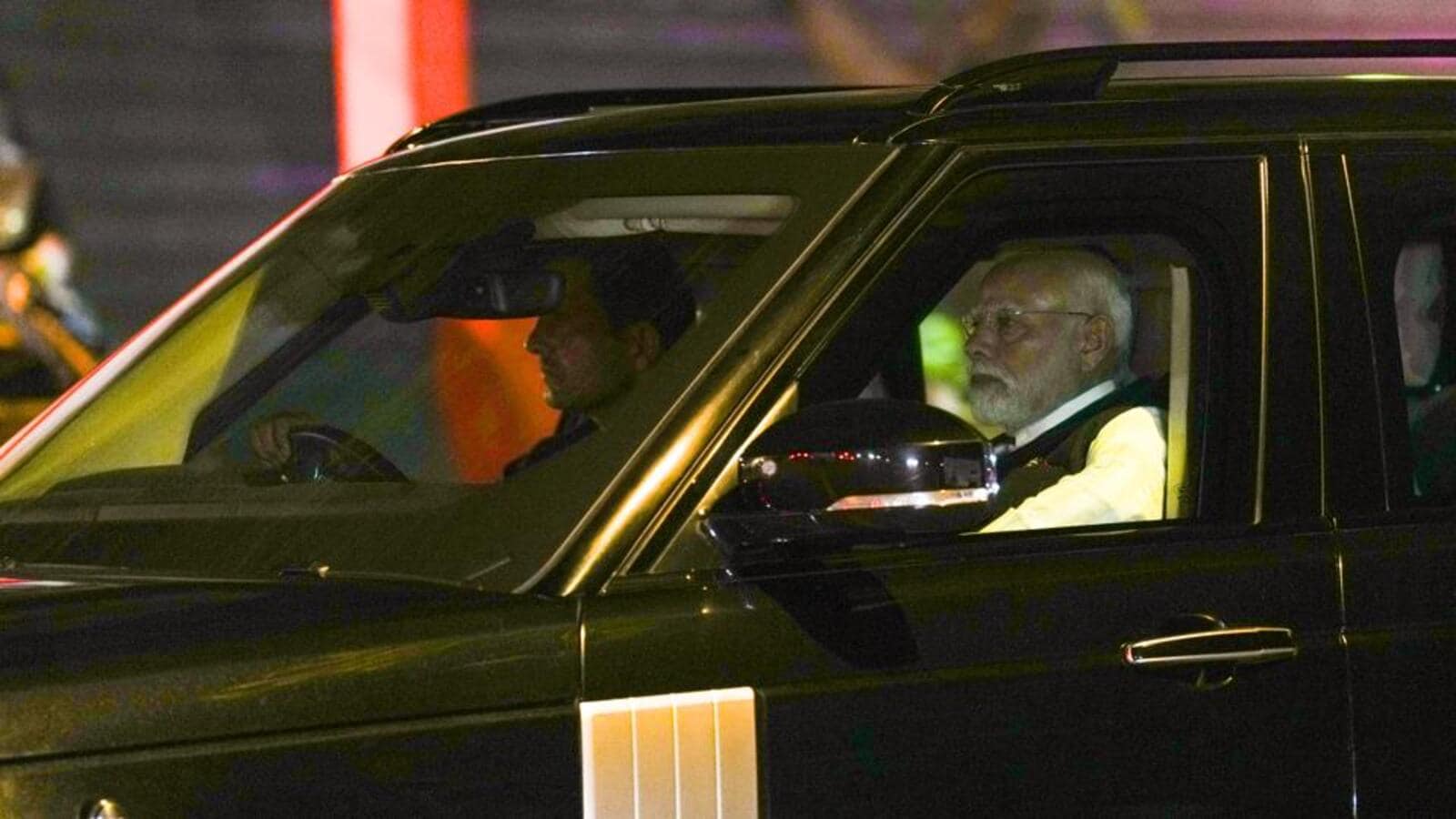
The Kuki-Zo community in Manipur has formally welcomed Prime Minister Narendra Modi’s proposed visit. Alongside the welcome, they’ve once again raised the demand for a separate administrative unit under Article 239A of the Constitution, citing concerns of safety, dignity, and justice. The call comes in the backdrop of long-standing ethnic tensions and displacement, with communities in smaller towns and hill districts bearing much of the impact.
What the Kuki-Zo Community Is Saying
The Kuki-Zo Council, representing many tribes in the hill districts, has highlighted extensive hardship. They point to loss of lives, destruction of homes and places of worship, and ongoing displacement in relief camps. Their ask is not symbolic: they seek a separate administration as a Union Territory with its own legislature, which they believe could offer better protection, governance, and recognition of their grievances.
Why They Want a Separate Administration
For the Kuki-Zo community, the demand is rooted in both immediate and structural concerns. First, many argue that in current governance arrangements their safety and rehabilitation have not been assured. Second, they believe that a separate administration would help in preserving identity, land rights, and enable more direct control over local development and security. In hill and smaller district areas, lack of infrastructure and reach of government services have made these issues more acute.
Government Response & Political Dynamics
The Centre and the Manipur state government have not rejected these demands outright, but responses have been cautious. Talks under the Suspension of Operations (SoO) agreement have been renewed in recent days, with some modifications. Infrastructure access (like National Highway 2) is being negotiated. However, many Meitei groups oppose the demand, arguing it threatens the territorial integrity of Manipur. Political tensions remain high, and any administrative restructuring would require careful balancing.
Relevance for Tier-2 Cities & Smaller Towns
In smaller towns and hill district areas, the demand for separate administration resonates with everyday realities. People often live far from decision-making centers or face delays in basic civic services. Displacement has disrupted livelihoods, especially among farming, small trades, and people dependent on local connectivity. A governance change could bring services closer, but there’s uncertainty about how it would work in practice and whether it might breed further divisions.
Possible Outcomes & Challenges
Creating a new Union Territory with legislature would involve constitutional, political, and administrative hurdles. It needs parliamentary approval and clear contours—what area it covers, how powers are shared, how law and order functions. There is also the risk of stirring fresh opposition or protests. Ensuring equality of rights for all communities, reconciliation, and robust institutions would be key.
Conclusion
The Kuki-Zo body’s renewed demand for separate administration reflects deep-rooted distress, but also a push for self-determination in governance. PM Modi’s visit is seen as an opportunity for recognition and dialogue. For citizens in hill districts and smaller towns, the promise of better governance is compelling—but turning that promise into reality will require clarity, legal work, and efforts to bring all communities on board.








